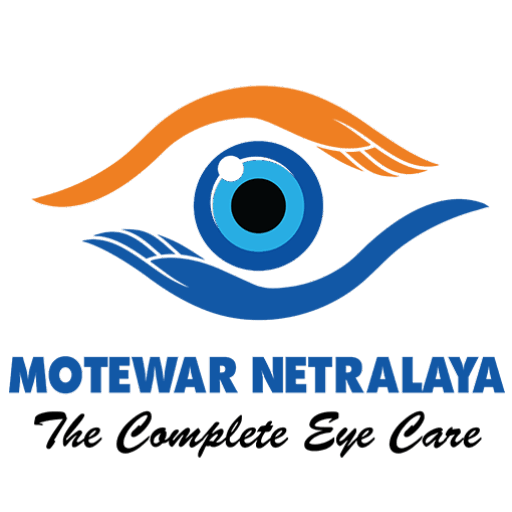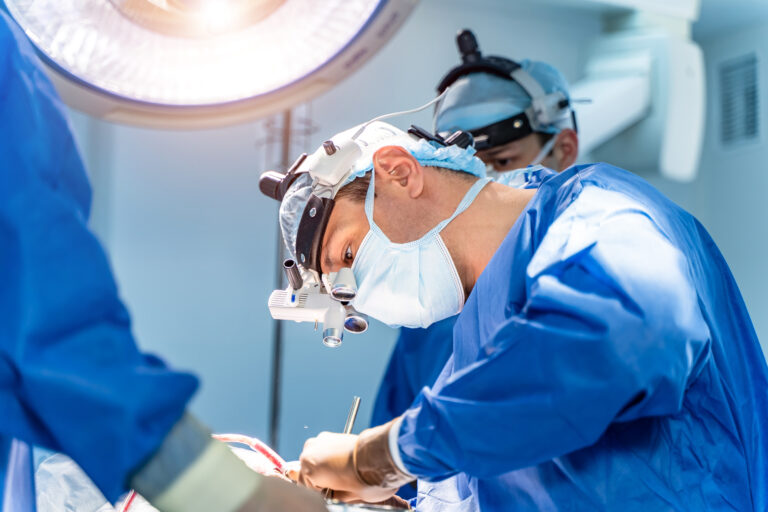
Cataract Surgeon in Nanded – Advanced Cataract Services at Motewar Netralaya
Clear vision is essential for living an independent and confident life. Yet, many people begin to notice blurry sight, faded colors, or difficulty seeing at night as they age. These symptoms are often caused by cataracts — a common but highly treatable eye condition. If left untreated, cataracts can gradually interfere with everyday activities such as reading, driving, or recognizing faces.
At Motewar Netralaya, you receive expert care from an experienced cataract surgeon in Nanded who focuses on accurate diagnosis, advanced treatment methods, and personalized attention. With modern surgical techniques and patient-centered care, the clinic is committed to restoring your vision safely and effectively.
What is Cataract Surgery?
A cataract occurs when the natural lens of the eye becomes cloudy, preventing light from passing clearly to the retina. This leads to blurred or dim vision that cannot be corrected with glasses alone.
Cataract Surgery is a safe and commonly performed procedure in which the cloudy lens is removed and replaced with a clear artificial intraocular lens (IOL). The surgery is quick, minimally invasive, and typically completed within 15–30 minutes.
Modern cataract surgery not only restores vision but can also reduce dependence on glasses, helping patients return to their daily routines with improved clarity.
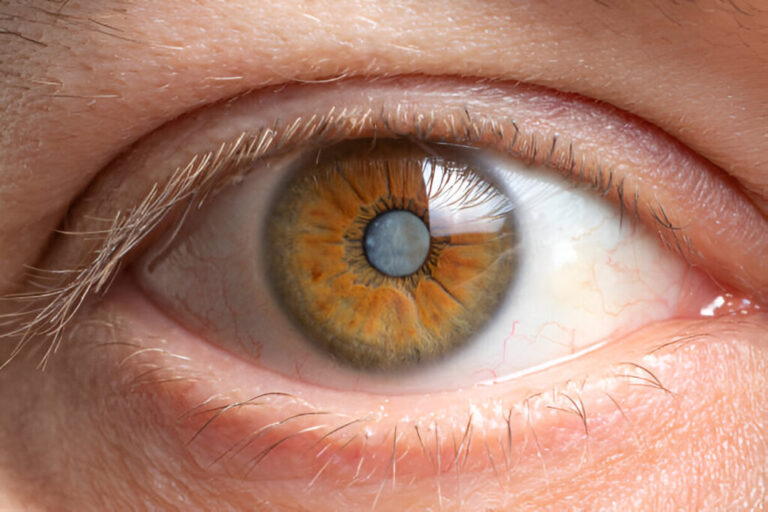
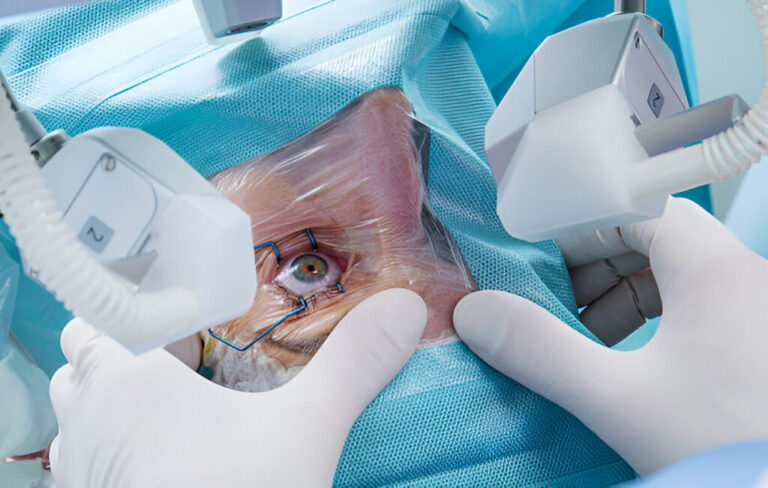
Who Needs This Service?
Cataracts usually develop gradually, making it difficult for many people to recognize when treatment is necessary. You may benefit from consulting a cataract surgeon in Nanded if you experience:
- Blurred or cloudy vision
- Increased sensitivity to light or glare
- Difficulty seeing at night
- Frequent changes in eyeglass prescription
- Colors appearing dull or yellowish
- Double vision in one eye
Although cataracts are most common in older adults, they can also develop due to diabetes, eye injuries, prolonged steroid use, or genetic factors. Early evaluation ensures timely treatment and prevents further vision deterioration.
Benefits of Cataract Surgery
Choosing timely cataract Surgery offers several life-changing advantages:
- Sharper Vision: Enjoy clearer and brighter eyesight
- Improved Quality of Life: Resume activities like reading, driving, and watching television comfortably
- Enhanced Safety: Reduced risk of falls or accidents caused by poor vision
- Quick Procedure: Short surgical time with minimal discomfort.
- Long-Term Results: Artificial lenses are durable and designed to last a lifetime
- Greater Independence: Less reliance on others for daily tasks
For most patients, the improvement in vision is noticeable within a few days.
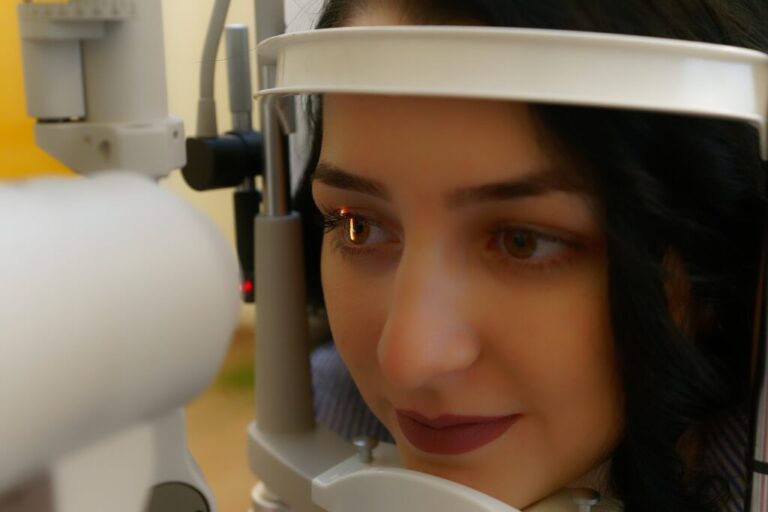
Procedure – How Cataract Surgery Works
Understanding the process can help ease anxiety and build confidence before surgery.
1. Comprehensive Eye Examination
Your eye health is thoroughly evaluated using advanced diagnostic tools. Measurements are taken to determine the most suitable intraocular lens for your vision needs.
2. Personalized Treatment Planning
The surgeon explains the procedure, lens options, expected outcomes, and answers all your questions so you can make an informed decision.
3. The Surgical Procedure
- Local anesthesia is used to numb the eye.
- A tiny incision is made.
- The cloudy lens is gently broken down using advanced technology and removed.
- A clear artificial lens is inserted in its place.
- The incision is so small that stitches are rarely required.
4. Short Recovery Time
After a brief observation period, most patients can return home the same day with protective instructions.
Why Choose Motewar Netralaya?
Selecting the right eye care center is crucial for successful outcomes. Motewar Netralaya has earned the trust of patients seeking a reliable cataract surgeon in Nanded due to its commitment to excellence.
What sets the clinic apart?
- Experienced and skilled surgical expertise
- Modern operation theatre with advanced equipment
- Patient-first approach with ethical treatment recommendations
- Strict safety and hygiene protocols
- Strict safety and hygiene protocols
- Comfortable environment designed to reduce patient stress
The focus is not just on performing surgery but on ensuring every patient feels informed, supported, and confident throughout their treatment journey.
Aftercare, Results, and Recovery
Recovery from cataract Surgery is usually smooth when post-operative instructions are followed carefully.
What to Expect:
- Vision often begins improving within a few days
- Mild irritation or watering is normal initially.
- Eye drops will be prescribed to prevent infection and support healing.
- Avoid rubbing the eye or lifting heavy objects for a short period.
- Protective eyewear may be recommended, especially while sleeping.
Most patients return to normal activities within a week, although complete healing may take a few weeks.
Regular follow-up visits ensure that your eye is healing properly and your vision continues to improve.
Frequently Asked Questions
If your vision interferes with daily activities and glasses no longer help, it is time to consult a cataract surgeon in Nanded for an evaluation.
No. The procedure is performed under local anesthesia, so you may feel slight pressure but no significant pain.
The actual procedure usually takes about 15–30 minutes, and you can go home the same day.
Most patients return to routine activities within a few days, but strenuous tasks should be avoided until your doctor advises.
The artificial lens implanted during cataract Surgery is designed to last a lifetime, providing long-term vision improvement.
Book Your Appointment Today
Don’t let cloudy vision limit your life. Early treatment can restore clarity, confidence, and independence.
If you or a loved one is experiencing symptoms of cataracts, schedule a consultation with a trusted cataract surgeon in Nanded at Motewar Netralaya today. Expert care, advanced technology, and compassionate support are just a call away.
Contact now to book your eye examination and take the first step toward clearer vision.
The surgeon explains the procedure, lens options, expected outcomes, and answers all your questions so you can make an informed decision.
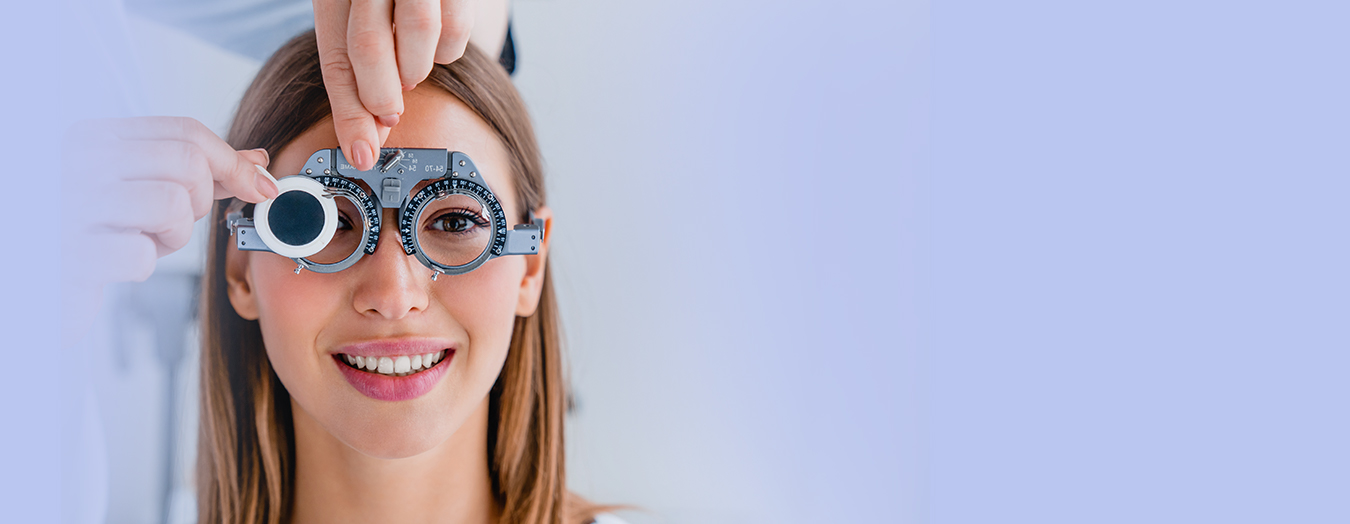
Motewar Netralaya
Eye Services – That You Can Trust
Cataract and Premium Lens Implant
We offer advanced cataract removal using the latest phacoemulsification technology, ensuring maximum safety, precision, and effectiveness, along with premium lens implant options for enhanced vision quality.
Children’s Eye Check-up
Children should ideally have their eyes examined between the ages of 5 and 6. An eye check-up becomes essential if your child shows signs such as excessive watering, eye discharge, squint, or difficulty in reading.
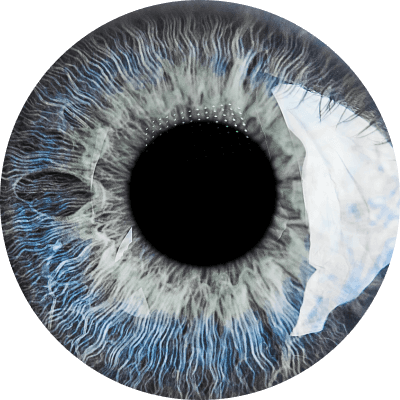
Glaucoma Screening
Diabetic eye disease is one of the leading causes of blindness in India. Our centre is fully equipped to diagnose and treat all types of retinal conditions, offering advanced medical care and surgical solutions.
Comprehensive Eye Examination
Experience a fully computerized and automated eye check-up using the advanced TOPCON Phoropter—offering precision, accuracy, and the latest in cutting-edge vision testing technology.
WHY CHOOSE Motewar Netralaya For Glaucoma Treatment in Nanded
Motewar Netralaya is staffed by a team of two highly experienced surgical ophthalmologists. In addition to providing routine eye care, their expertise extends to advanced procedures including vitreoretinal surgeries, laser treatments, and corneal surgeries.
Our hospital is backed by a team of skilled and experienced optometrists, nursing professionals, and trained machine operators who work hand-in-hand with our doctors. In addition, our non-medical staff is well-trained in hospital operations and patient care, ensuring smooth and efficient service at every step.
At Motewar Netralaya, we understand that medical concerns can bring stress and anxiety. That’s why we strive to maintain a warm and welcoming atmosphere, encouraging patients to feel comfortable, relax, and openly share their concerns.
Motewar Netralaya is equipped with cutting-edge ophthalmic technology, including the MEL-90 — the world’s fastest LASIK machine, YAG laser for treating opacities and performing iridectomies, and the Carl Zeiss Green Laser Visulas. These, along with several other state-of-the-art devices, ensure precision, safety, and superior patient outcomes.
We are located on Doctor's lane, near ST Bus Stand, Doctor Lane, Khadakpura, Nanded, Nanded-Waghala, Maharashtra 431601 in Nanded. By-lanes in the vicinity ensure sufficient parking space.
For the convenience of our patients, we have an in-house optical store and medical shop within the same premises. These facilities provide a one-stop solution, ensuring easy access to eyewear and prescribed medications under one roof.
Contact Motewar Netralaya
Get in touch with Motewar Netralaya for expert eye care and advanced laser treatments.
Request a Consultation
Contact Form
Protect Your Vision – Consult Our Experts at Motewar Netralaya
Contact today and see the difference. if you have any questions call us on 02462 358 953




